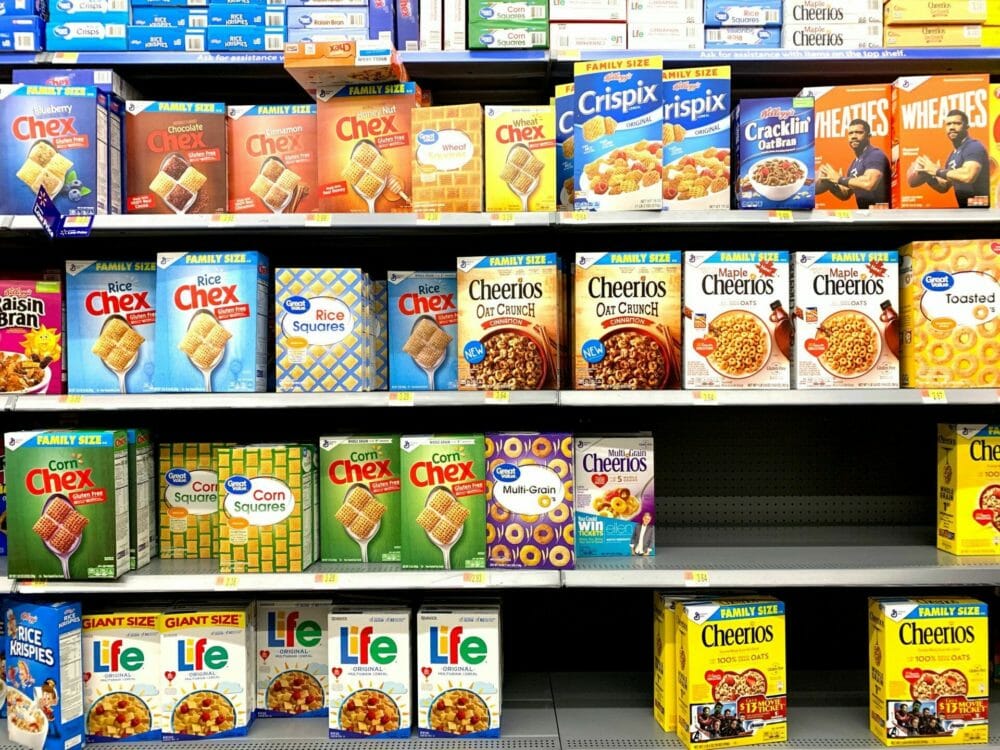Consumers are more high-maintenance than ever and retailers are having to choose between toeing the line or potentially losing market share. The rise of same-day delivery has put serious pressure on retailers’ ability to fulfill orders as quickly and efficiently as possible. In response, a number of startups are developing technologies to take the friction out of indulging consumers’ need for immediate gratification.
For some retailers struggling to keep up with the changing tides of ecommerce, however, meeting the demand for lightning-fast delivery has led to some clunky operations.
“Today, to fulfill ecommerce they are picking off the shelf in the store, sending people from Instacart, Shipt, or their own employees with a handheld device running around picking shelves clean and making the shopping experience for in-store customers horrific,” Steve Hornyak, chief commercial officer at Israel’s Fabric (formerly CommonSense Robotics) told AFN.
In October, Fabric a $110 million Series B and today Evolv Ventures, the corporate venture arm of Kraft Heinz, announced it had joined the investor group. According to Hornyak, Evolv jumped at the opportunity to be involved in the round after the company reached out about a potential investment. Although Kraft Heinz doesn’t have any current plans to implement Fabric’s technology, as a CPG provider it hopes to keep its finger on the pulse of the ever-changing retail landscape, he said.
“Fulfillment is one of the largest issues holding back profitable ecommerce operations for retailers today. We believe the solution lies in more effective technology and automation, and Fabric has the technology, team, and resources to lead this transformation,” said Bill Pescatello, managing partner of Evolv Ventures said in a statement announcing the funding. “This investment is another example of our dedication to game-changing technologies that unlock the potential of ecommerce in the retail space and our continued commitment to ensure Kraft Heinz products are available in as many channels as possible, so they can be delivered to end consumers in the most convenient and efficient manner.”
The new round will be used to fuel Fabric’s US expansion, which began six months ago. It already operates in Israel with the country’s second-largest grocery chain. Although it has a few US grocers under contract, it cannot release the names just yet but will debut its first client in NYC in the coming months.
Using proprietary robotic technology and in-house developed software, Fabric provides retailers with a way to offer fast fulfillment for home delivery, curbside pickup, or store replenishment. Its main focus is on flexibility and targeting small spaces in a space where fulfillment technologies are often geared towards big footprints. Last year, Fabric launched the world’s smallest automated fulfillment center in Tel Aviv processing up to 600 orders a day out of a 6,000 square foot area, for example, with one-hour delivery.
It provides robots and racks to carry out the pick and pack portion of fulfillment. Although skepticism over robotics’ application in food and ag has been fierce, Hornyak says potential customers are eating it up as they struggle to keep pace with the titan of ecommerce, Amazon. And as more players rush into the space to offer retailers solutions, retailers are eager to try different options at varying price points.
He sees competition falling into two categories with one being focused on using technology to solve different fulfillment problems.
“The other is what I call legacy players putting lipstick on a pig. They are 20-year-old tech companies with conveyors, lifts, and shuttle systems in large warehouses making smaller versions of it and saying, ‘this is micro-fulfillment,’” Hornyak explains. “Well, the problem is that it wasn’t designed for on-demand. It was designed in a very linear way and doesn’t have a way to do what is called instantaneous capacity where we can throw more robots at something if orders increase.”
He places competitor Takeoff Technologies in this category, which raised a $25 million Series C last year.





